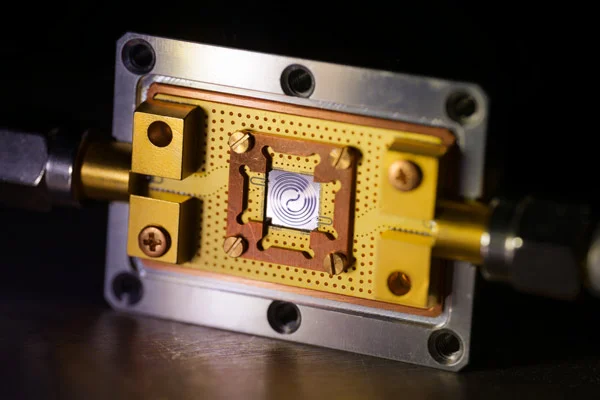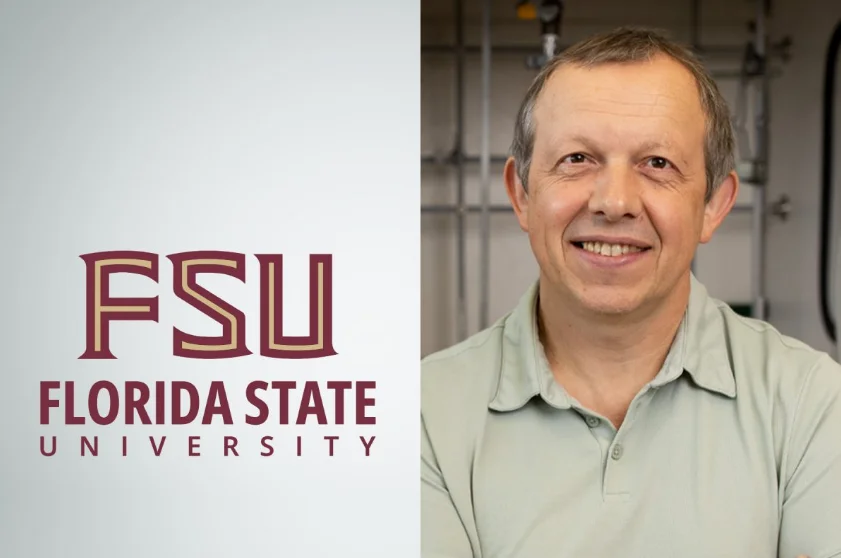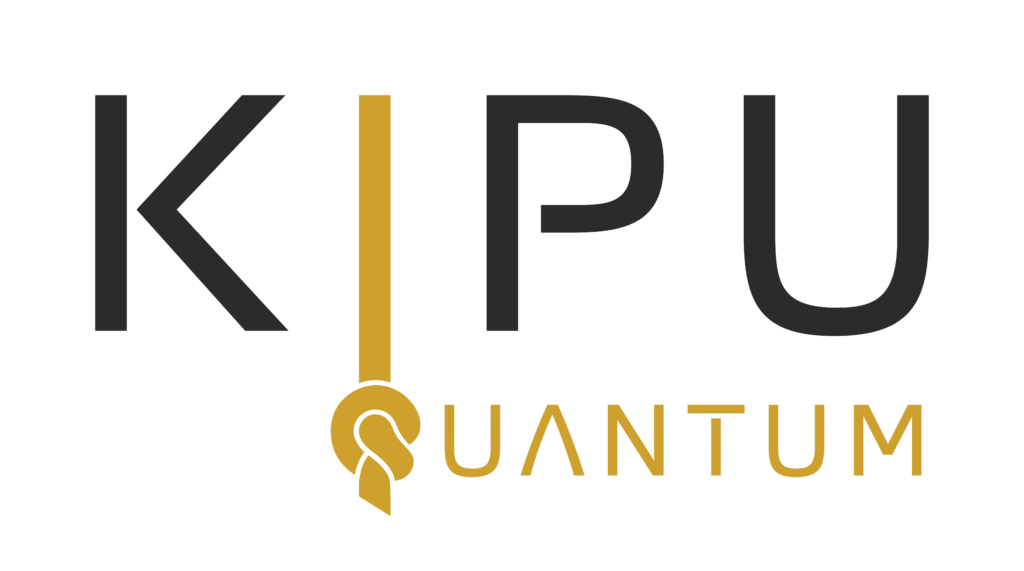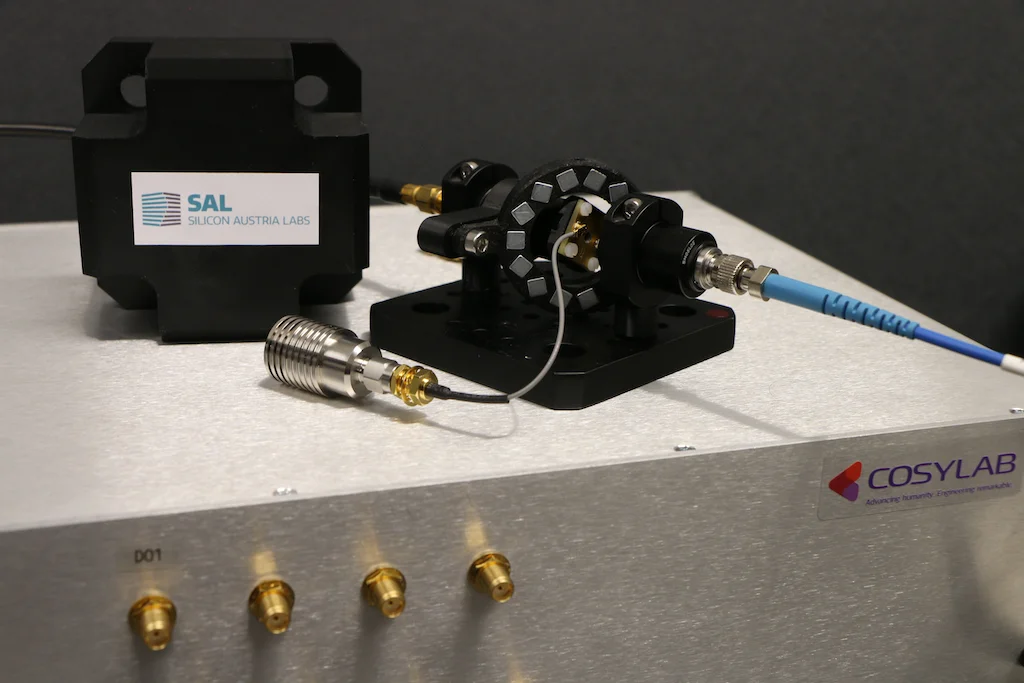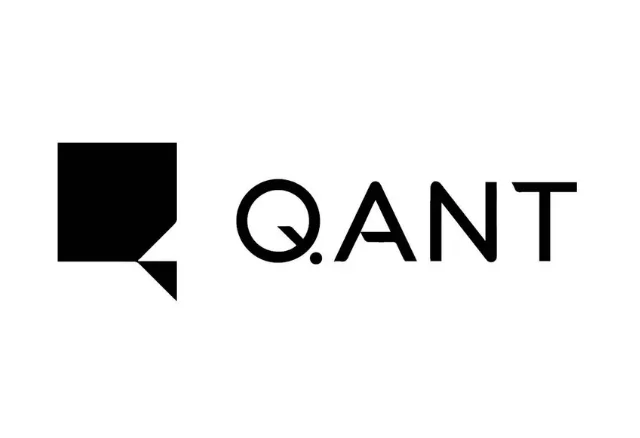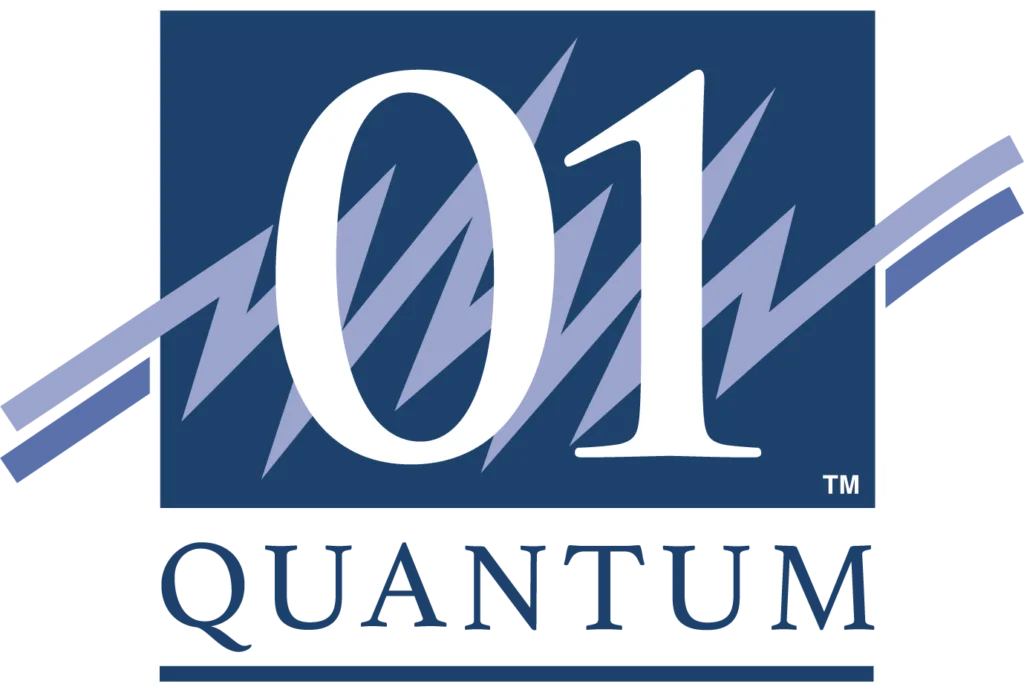Insider Brief
- China Telecom Quantum Group has launched what it claims is the world’s first distributed cryptography system resistant to quantum computer attacks, integrating both quantum key distribution (QKD) and post-quantum cryptography (PQC).
- The system successfully enabled a 1,000-kilometer quantum-encrypted phone call between Beijing and Hefei and is being rolled out across 16 cities, forming a nationwide backbone of quantum-secure communication.
- Hefei now hosts the world’s most extensive metropolitan quantum communication network, and new platforms like Quantum Secret and Quantum Cloud Seal are already in use by hundreds of government agencies and state-owned enterprises.
A Chinese state-owned firm has officially introduced what it says is the world’s first distributed cryptography system built to withstand quantum computer attacks, a key step in the global race to secure digital infrastructure before current encryption methods become obsolete, according to the company.
China Telecom Quantum Group unveiled the commercial product last week, according to multiple reports by the South China Morning Post. The company says it combines two core approaches — quantum key distribution and post-quantum cryptography — into a unified architecture for protecting real-time communications, authenticating users, and securing sensitive data against future quantum decryption threats.
1,000-Kilometer Quantum-Encrypted Phone Call
In a demonstration of the system’s capabilities, the company completed what it said was the world’s first quantum-encrypted phone call between Beijing and Hefei, covering a distance of over 1,000 kilometers. The call was made using the integrated cryptography system, which merges encryption keys generated by quantum physics with encryption methods designed to resist quantum algorithm attacks.

Traditional cybersecurity relies heavily on public-key cryptography, a system where information is encrypted with a public key and decrypted with a private one. These methods, including RSA and elliptic curve cryptography, are vulnerable to quantum computing. Algorithms such as Shor’s algorithm could one day allow a sufficiently powerful quantum computer to break these codes in minutes, quantum cryptographic theorists suggest.
Hybrid System
To guard against this threat, researchers have developed two main strategies. One is quantum key distribution (QKD), which uses the physics of quantum particles — such as photons — to transmit encryption keys. If a third party tries to intercept the transmission, the laws of quantum mechanics guarantee that the intrusion can be detected.
The second approach is post-quantum cryptography (PQC), which uses mathematical problems believed to be hard even for quantum computers. Unlike QKD, PQC doesn’t require specialized hardware but relies on algorithmic complexity to resist decryption.
China Telecom’s system uses both. According to the South China Morning Post, the firm says this hybrid architecture offers “end-to-end quantum security,” protecting against both present and anticipated future threats. It also provides redundancy: if one layer is compromised, the other continues to offer protection.
The firm says the cryptography system has a three-tier architecture and has passed multiple field tests. The source did not explicitly detail the three-tier architecture, but based on the technologies and platforms described, it likely includes a quantum key distribution layer, a post-quantum cryptography layer, and an application layer for integrating secure services into real-world use cases.
The technology is now being rolled out commercially in major cities. The backbone of this infrastructure includes quantum communication networks in 16 urban centers, including Beijing, Shanghai, Guangzhou, and Hefei.
The World’s Most Extensive Quantum Communication System
Among these, the Hefei network will be the world’s most extensive metropolitan quantum communication system, the South China Morning Post reported. It consists of over 1,100 kilometers of quantum key distribution fiber, linking eight core nodes and 159 access points. It currently supports 500 government departments and 380 state-owned firms.
The company also introduced a suite of secure platforms alongside the cryptography system, according to the newspaper. One is Quantum Secret, a quantum-secure messaging and collaboration service. Another is Quantum Cloud Seal, a platform designed for official document approvals, audit trails and enterprise workflow management.
Both platforms are already in active use across government and industry, the South China Morning Post said, underscoring China’s growing quantum footprint.
Broadly, as other nations push for quantum-secure systems — particularly in Europe and the U.S. — China’s rollout of a commercial-grade distributed cryptography platform will grab significant attention. Analysts say it signals Beijing’s intent to dominate both the technological and commercial domains of the quantum security race.
The launch also adds urgency to global efforts to upgrade critical infrastructure. With quantum computers progressing rapidly, many existing digital systems could be compromised within the next decade. China Telecom’s approach suggests that hybrid quantum-classical systems may become the norm in protecting sensitive communications and data well before full-scale quantum computers are deployed.








